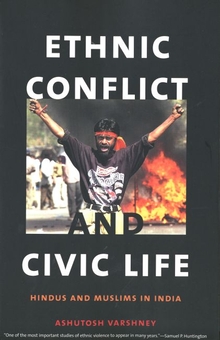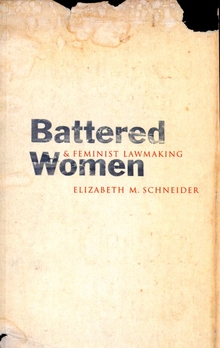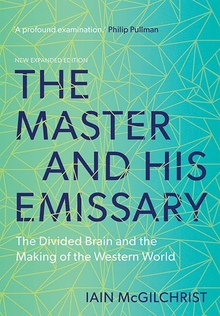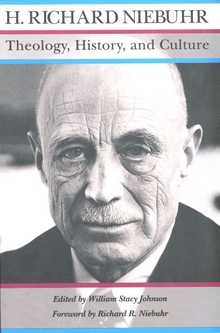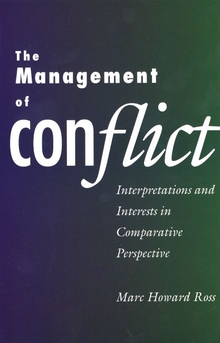Ethnic Conflict and Civic Life
WARNING
You are viewing an older version of the Yalebooks website. Please visit out new website with more updated information and a better user experience: https://www.yalebooks.com
Hindus and Muslims in India
Second Edition
Ashutosh Varshney
What kinds of civic ties between different ethnic communities can contain, or even prevent, ethnic violence? This book draws on new research on Hindu-Muslim conflict in India to address this important question. Ashutosh Varshney examines three pairs of Indian cities—one city in each pair with a history of communal violence, the other with a history of relative communal harmony—to discern why violence between Hindus and Muslims occurs in some situations but not others. His findings will be of strong interest to scholars, politicians, and policymakers of South Asia, but the implications of his study have theoretical and practical relevance for a broad range of multiethnic societies in other areas of the world as well.
The book focuses on the networks of civic engagement that bring Hindu and Muslim urban communities together. Strong associational forms of civic engagement, such as integrated business organizations, trade unions, political parties, and professional associations, are able to control outbreaks of ethnic violence, Varshney shows. Vigorous and communally integrated associational life can serve as an agent of peace by restraining those, including powerful politicians, who would polarize Hindus and Muslims along communal lines.
Ashutosh Varshney is Sol Goldman Professor of International Studies and the Social Sciences and Director of the Brown-India Initiative at Brown University.
Publication Date: February 8, 2003
1 map + 29 charts

